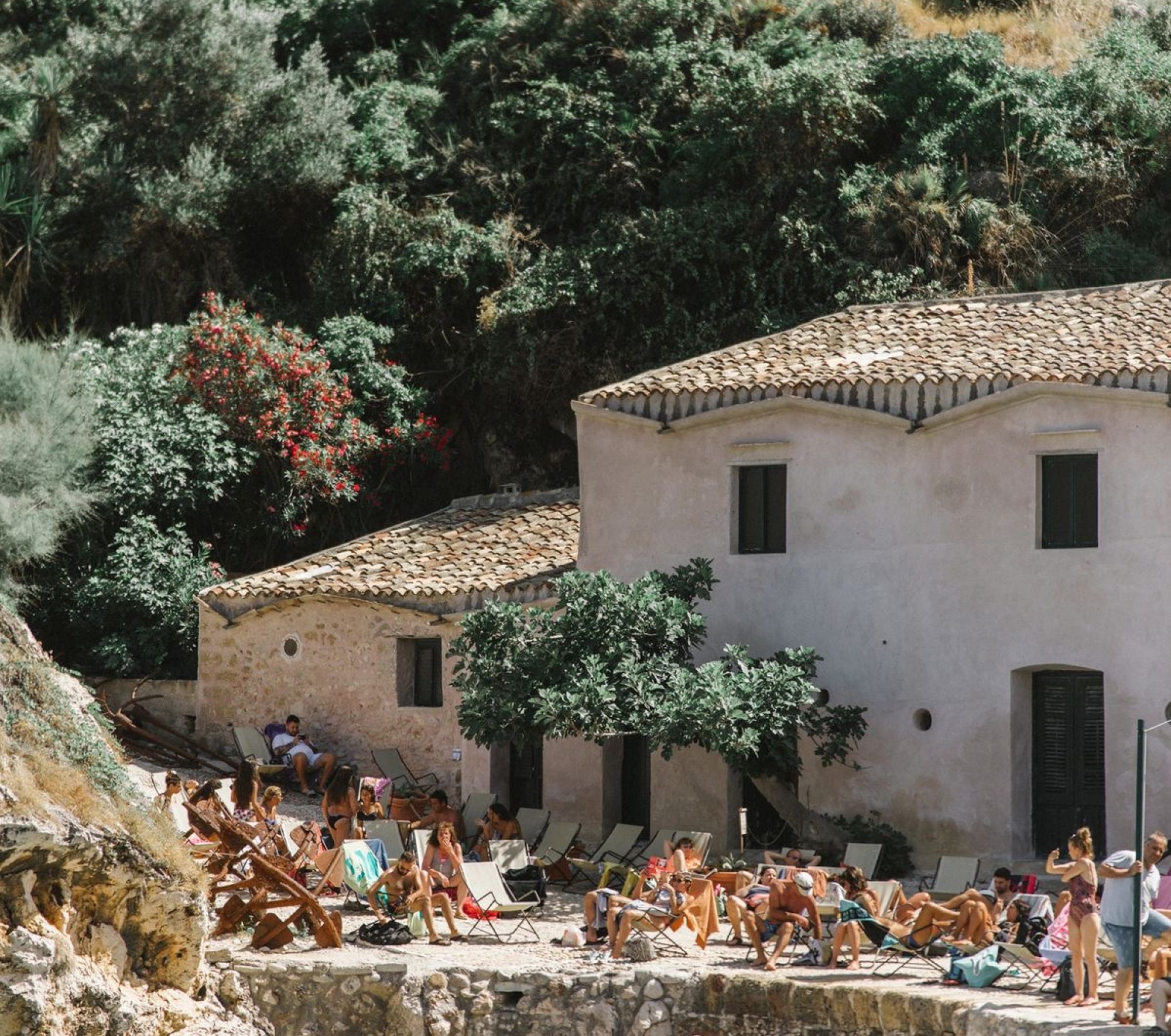The Old Gringo was an interesting read indeed. This book touches on memory, life, death, religion, revolution, and history. It recounts the journey of a man who travels to Mexico during a civil war, to die a fulfilling death. The Old Gringo, later revealed as the author Ambrose Bierce, leaves behind little, other than a suitcase filled with miscellaneous objects and books, including the story of Don Quixote and a few of his own books. He encounters a self-proclaimed general, Tomas Arroyo, who has burned down the estate or “hacienda” of the Miranda family in an act of revenge. The Old Gringo also meets an American woman named Harriett Winslow, who was meant to be the schoolteacher for the Miranda family but is found jobless after the family fled before facing Arroyo’s oppression. Harriett is a stubborn yet strong woman, as she refuses to leave the hacienda in spite of protection and responsibility to the Miranda family. The Old Gringo seems to see himself in Harriett and confides in her, however I am not sure if this is driven by romantic or familial/familiar feelings.
The hacienda is described as a “miniature Versailles”, as it contains a room with floor to ceiling mirrors. Mirrors and seeing oneself becomes a recurring theme within the book, with the Old Gringo repeatedly asking Harriett: “Did you look at yourself in the mirror?” (40, 49, 54, 60, 61, etc.). Mirrors are objects used to see a reflection of oneself, as we are all aware, but how does this play into the reality of the story? What do you think the significance of this question/trope was and do you think it sheds light onto the stories of these characters and how they are intertwined?
Similar to W, or the Memory of Childhood by Perec, there is a separation of reality and fiction, and the book discusses dreaming and imagination repeatedly. This is discussed on page 52 (amongst many others), where the Old Gringo navigates “options [in] his head”, where he goes back and forth between the realities of his situation, including that he does not fear his own death but rather came to Mexico to die.
Something that really stuck out to me while reading this book was the treatment of women, especially Harriett Winslow. I found it appalling the way women were spoken to or regarded as. “Well what can women be but sluts or virgins” (49), discussions about rape and scenes of abuse were often shocking to read and made it difficult for me to fully appreciate the text. It made me think about the challenges that women historically had (shown through this text), but that there are also issues and barriers that women continue to face in the 21st century, much later than when this book was set.
